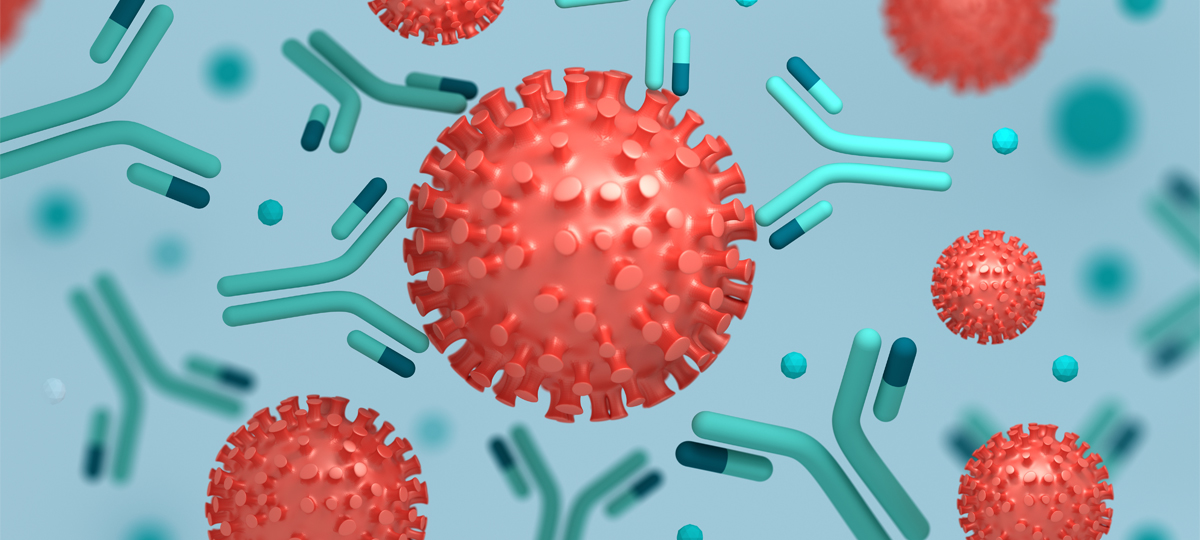New research, published online in Nature Communications, has found that a fully human monoclonal antibody can prevent the new coronavirus from infecting cultured cells.
Scientists at Utrecht University, Erasmus Medical Center, and Harbour BioMed said this discovery is an initial step towards developing a fully human antibody in order to prevent or treat COVID-19, the disease caused by the novel coronavirus.
The paper is titled “A human monoclonal antibody blocking SARS-CoV-2 Infection.”
Globally, the virus has infected more than 3.3 million people, killing more than 252,400 so far.
Lead researcher at Utrecht University Dr. Berend-Jan Bosch said, “This research builds on the work our groups have done in the past on antibodies targeting the SARS-CoV that emerged in 2002-2003.”
“Using this collection of SARS-CoV antibodies, we identified an antibody that also neutralizes infection of SARS-CoV-2 in cultured cells,” Dr. Bosch added, who is also a co-lead author of the Nature Communications. “Such a neutralizing antibody has the potential to alter the course of infection in the infected host, support virus clearance or protect an uninfected individual that is exposed to the virus.”
Dr. Bosch noted that the antibody adheres to a domain conserved in both SARS and COVID-19, explaining that it can neutralize both viruses. “This cross-neutralizing feature of the antibody is very interesting and suggests it may have potential in mitigation of diseases caused by future-emerging related coronaviruses,” he added.
“This discovery provides a strong foundation for additional research to characterize this antibody and begin development as a potential COVID-19 treatment,” said Frank Grosveld, study co-lead author.
“The antibody used in this work is ‘fully human,’ allowing development to proceed more rapidly and reducing the potential for immune-related side effects, he added.
Grosveld is a professor of Cell Biology at Erasmus Medical Center. He is also a founding chief scientific officer at Harbour BioMed.
CEO of Harbour BioMed Dr. Jingsong Wang said, “This is groundbreaking research. Much more work is needed to assess whether this antibody can protect or reduce the severity of disease in humans.”
“We expect to advance development of the antibody with partners,” he added. “We believe our technology can contribute to addressing this most urgent public health need and we are pursuing several other research avenues.” The article was originally published in Science Daily.























